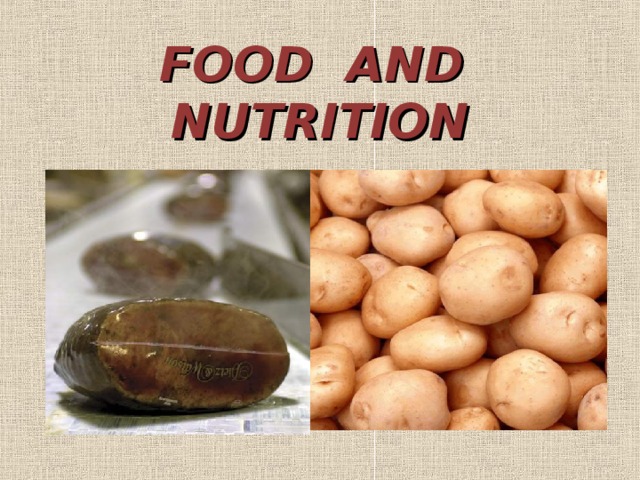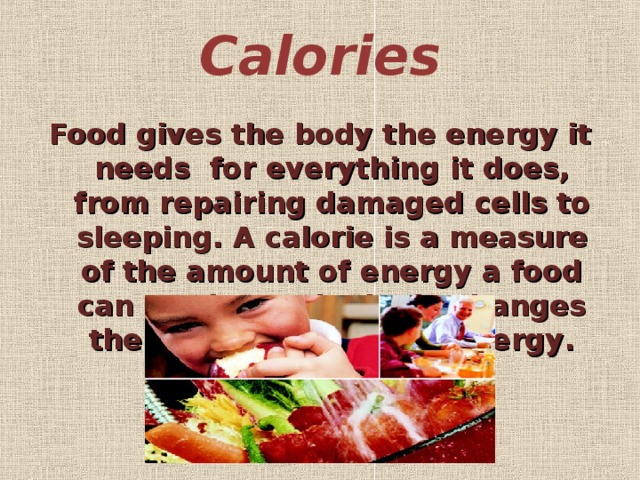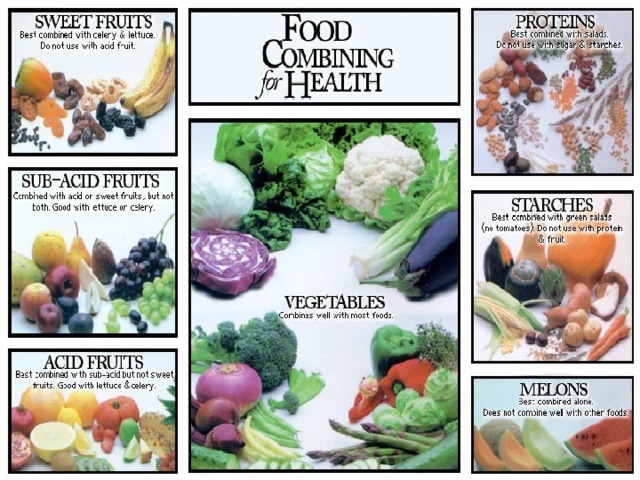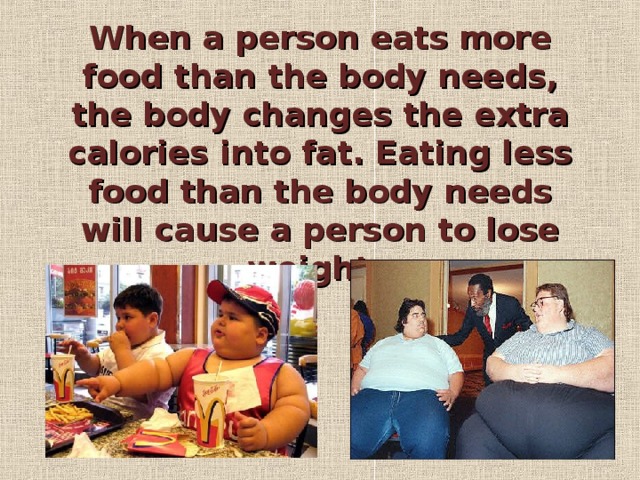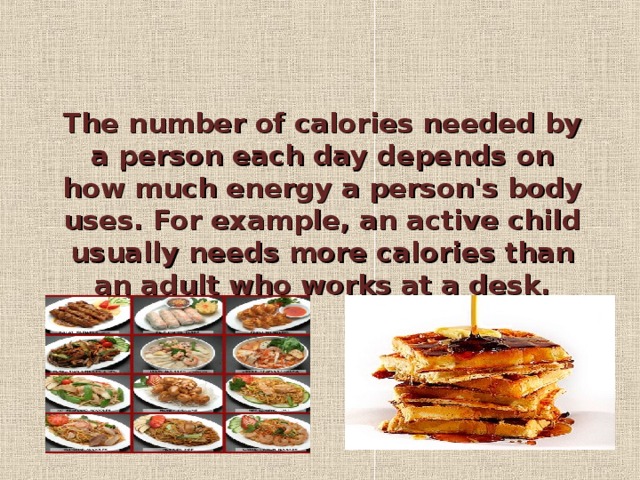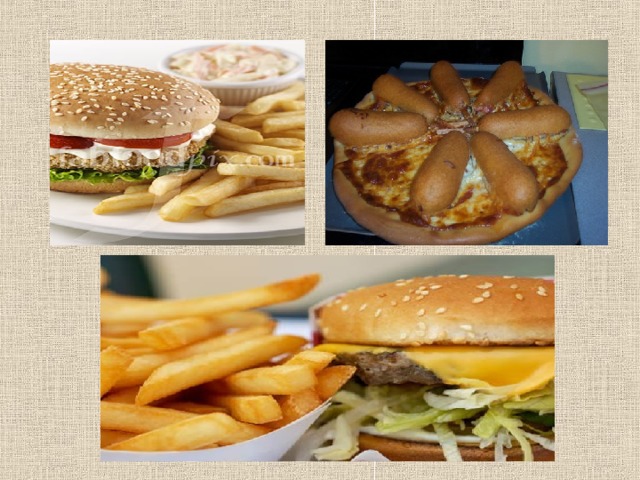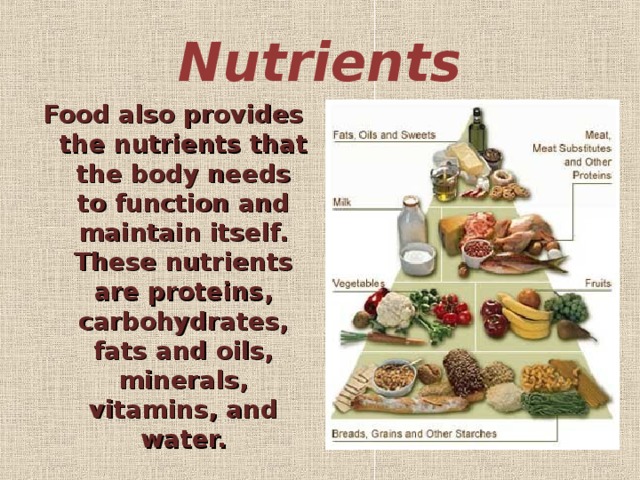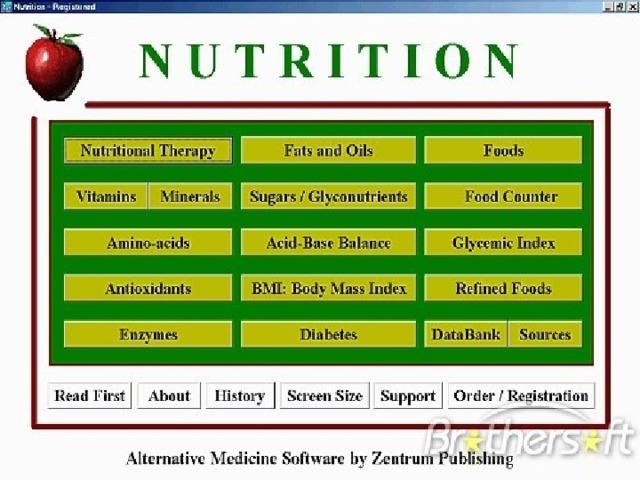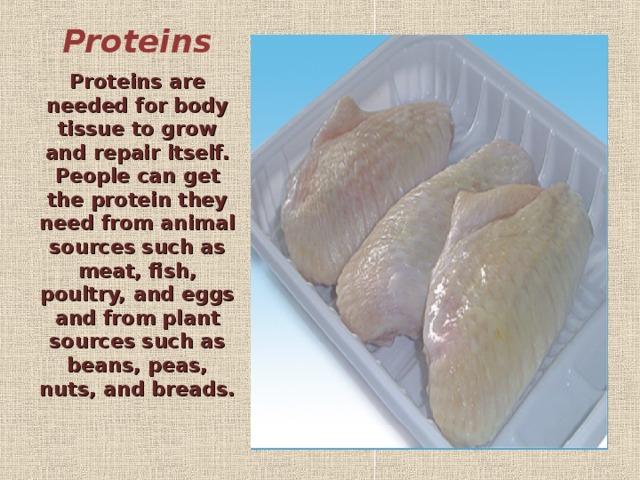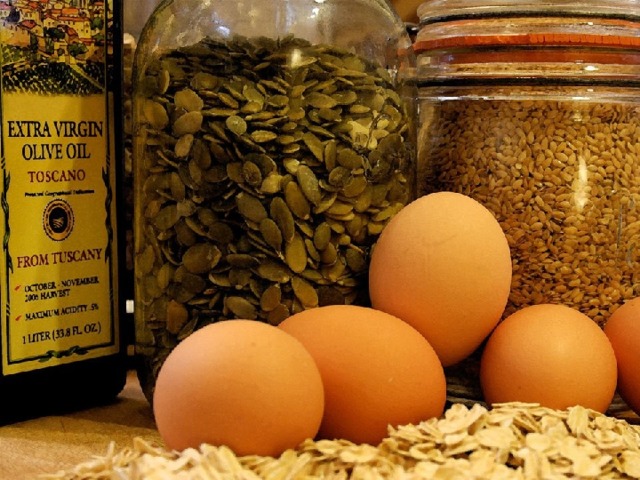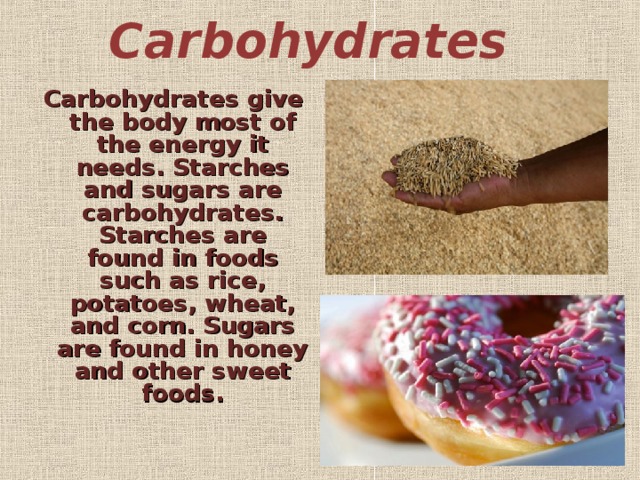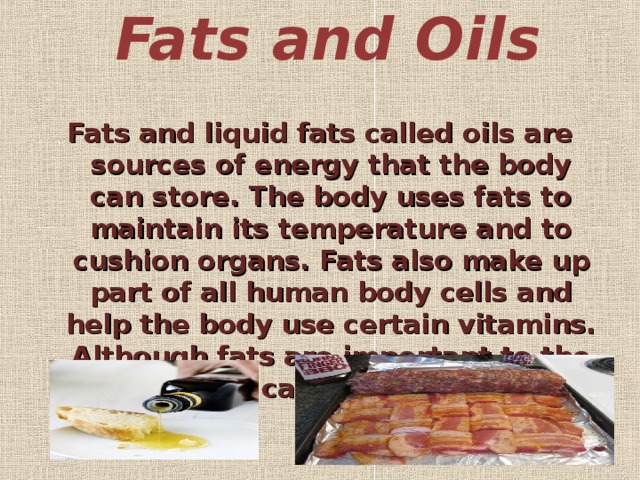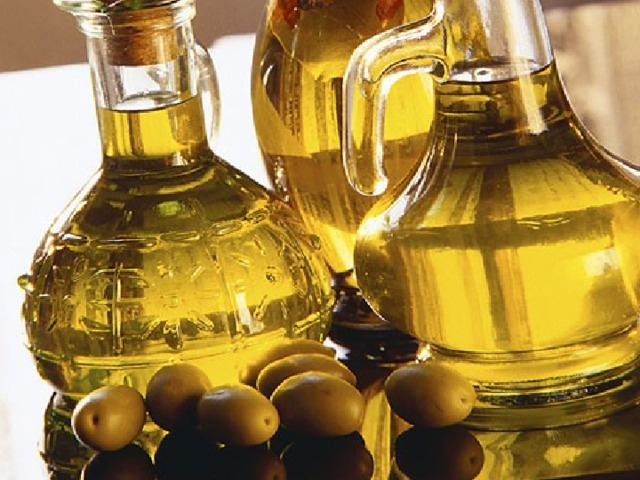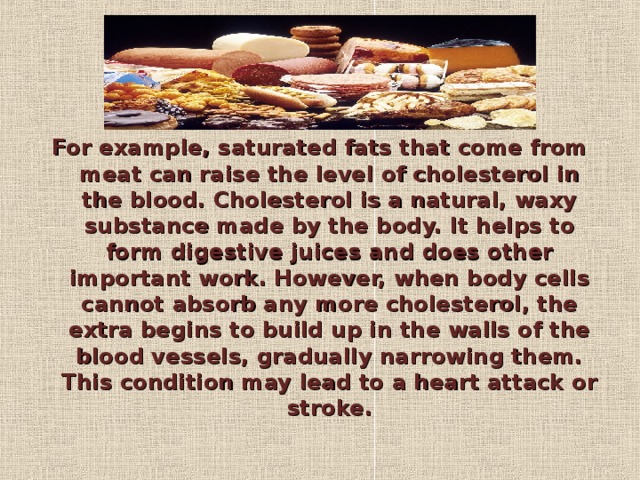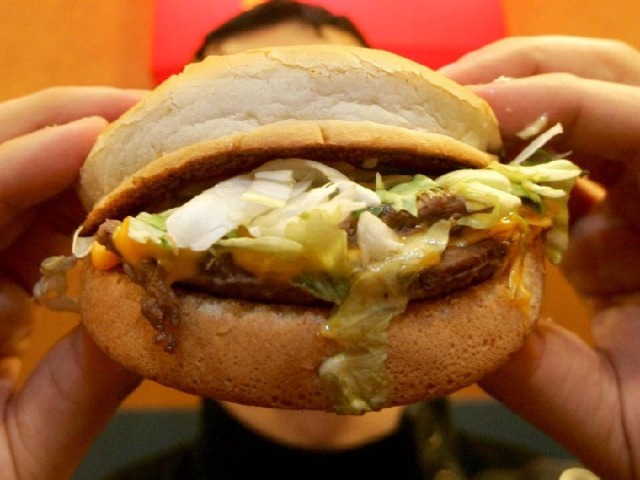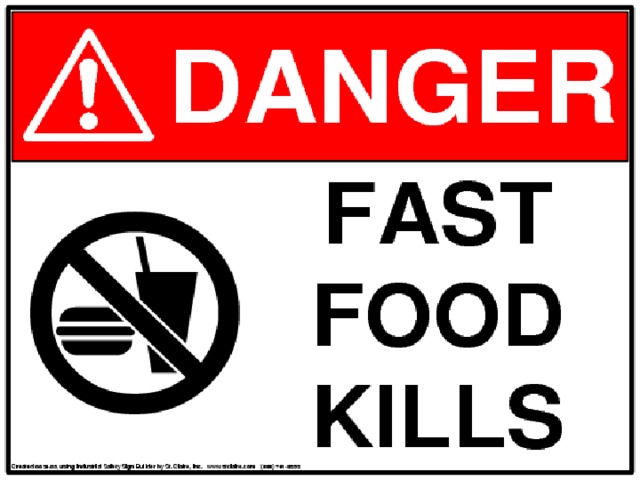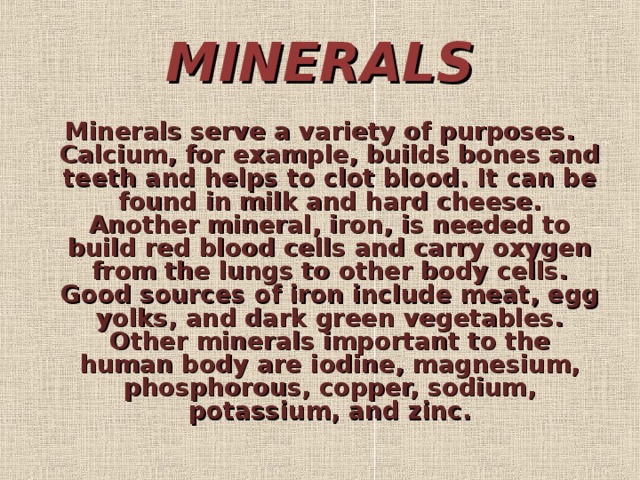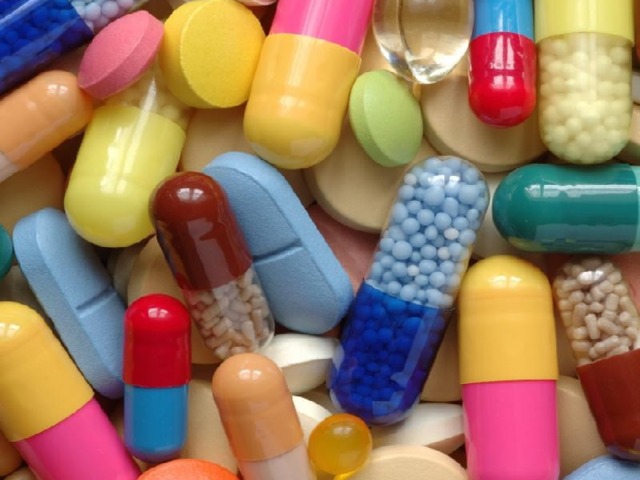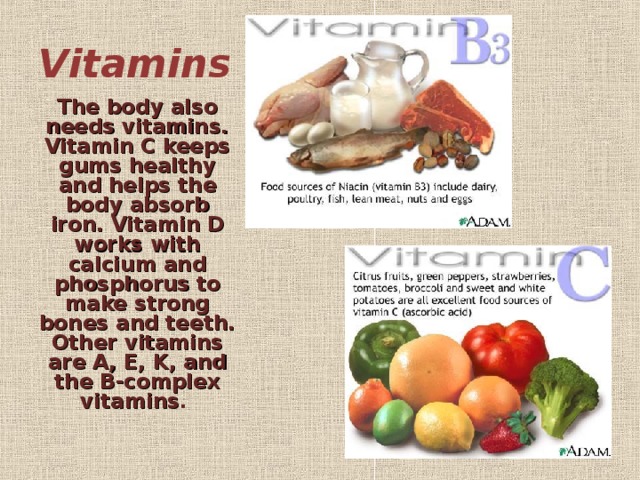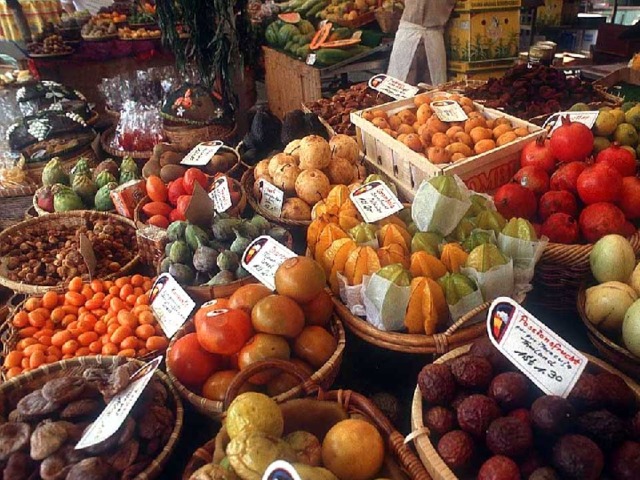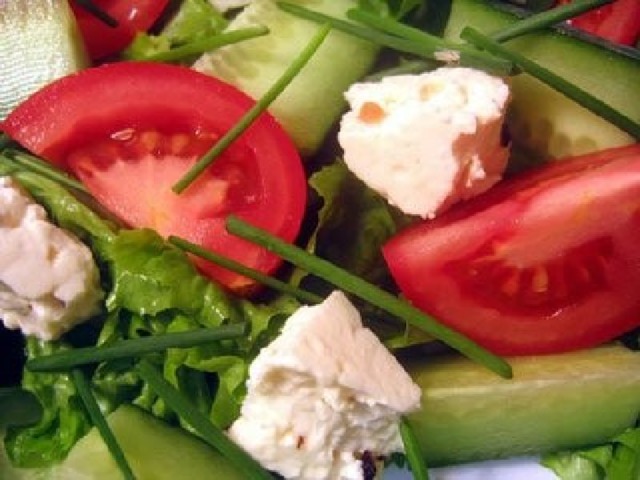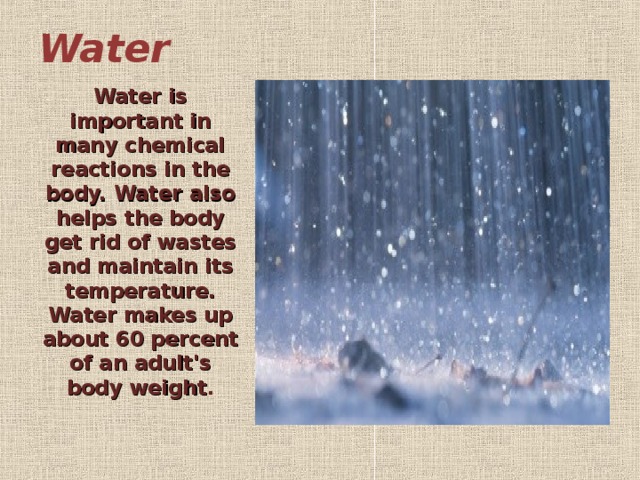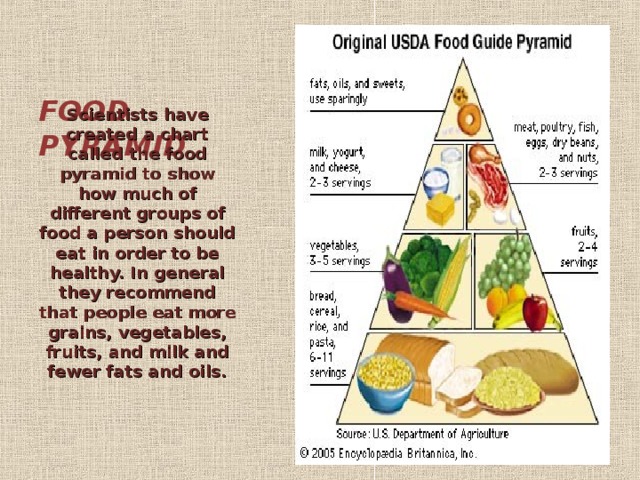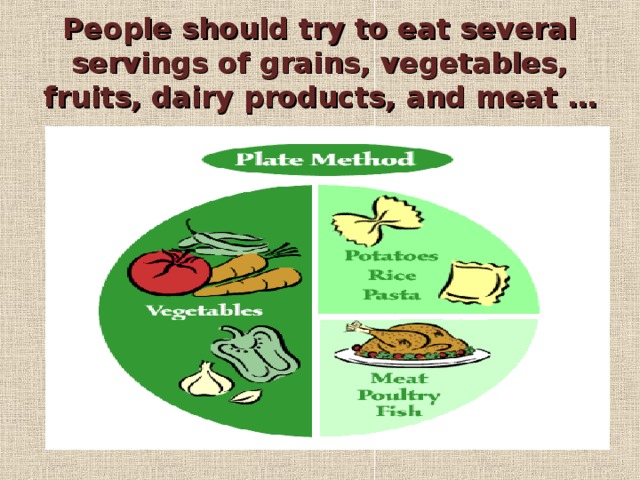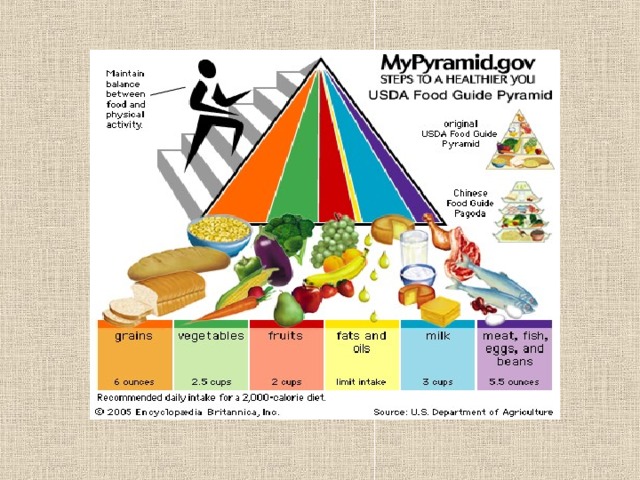В данной презентации речь пойдет о здоровой и нездоровой пище, о вредных нитратах и где они находятся . Что нужно в большем количестве употреблять в пищу, а в чем себя ограничить. Проблема избыточного веса среди подростков стала актуальной и начинается в школе. Дети загружены уроками меньше заняты физкультурой, прогулками на свежем воздухе.Многих родители привозят в школу на машинах.Приходя домой садятся за компьютеры,телевизоры и т.д. Едят нездоровую пищу, способствующую ожирению
Создайте Ваш сайт учителя Видеоуроки Олимпиады Вебинары для учителей
Еда и нитраты
Вы уже знаете о суперспособностях современного учителя?
Тратить минимум сил на подготовку и проведение уроков.
Быстро и объективно проверять знания учащихся.
Сделать изучение нового материала максимально понятным.
Избавить себя от подбора заданий и их проверки после уроков.
Наладить дисциплину на своих уроках.
Получить возможность работать творчески.
Просмотр содержимого документа
«Еда и нитраты »
Полезное для учителя
Распродажа видеоуроков!
1760 руб.
2510 руб.
1970 руб.
2820 руб.
1880 руб.
2690 руб.
1880 руб.
2690 руб.
ПОЛУЧИТЕ СВИДЕТЕЛЬСТВО МГНОВЕННО
* Свидетельство о публикации выдается БЕСПЛАТНО, СРАЗУ же после добавления Вами Вашей работы на сайт
Удобный поиск материалов для учителей
Проверка свидетельства
